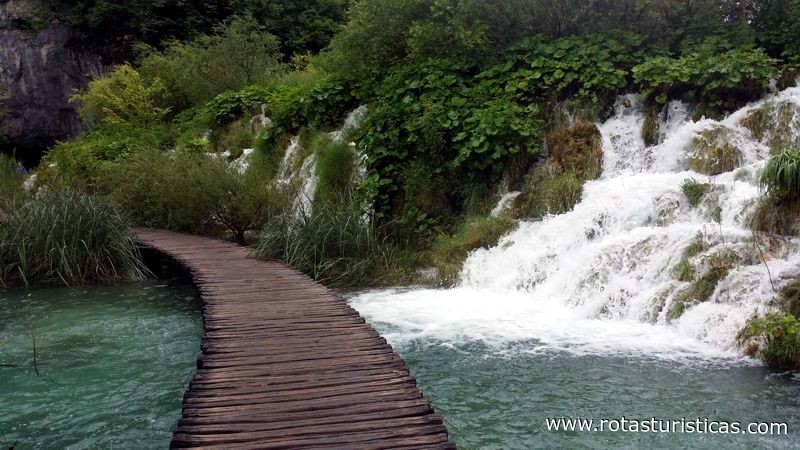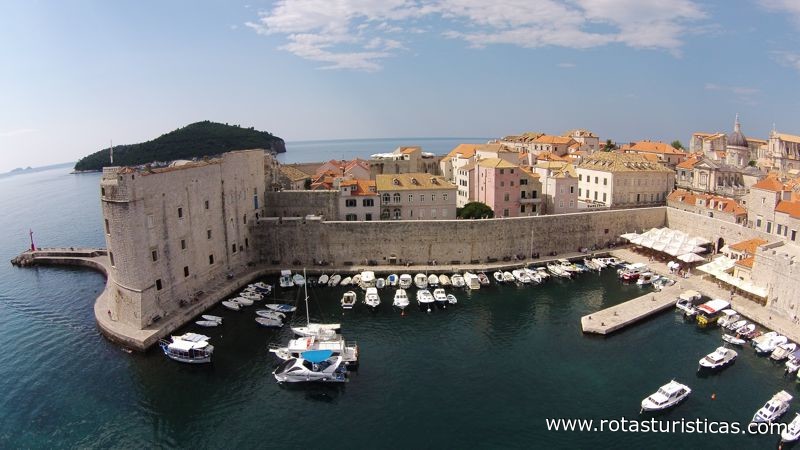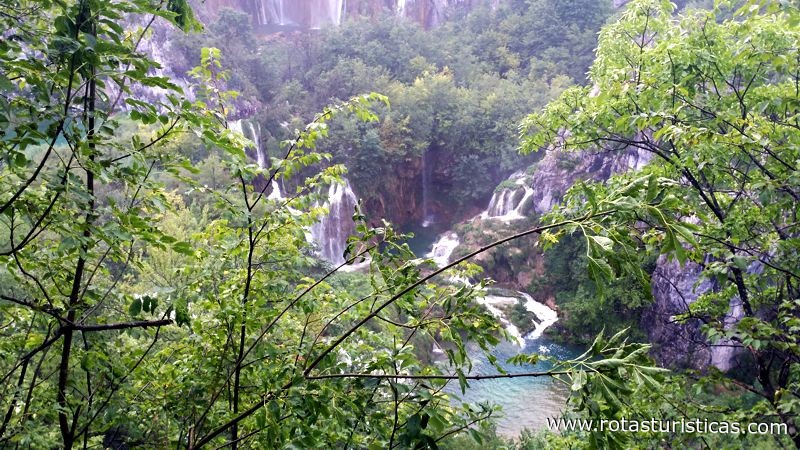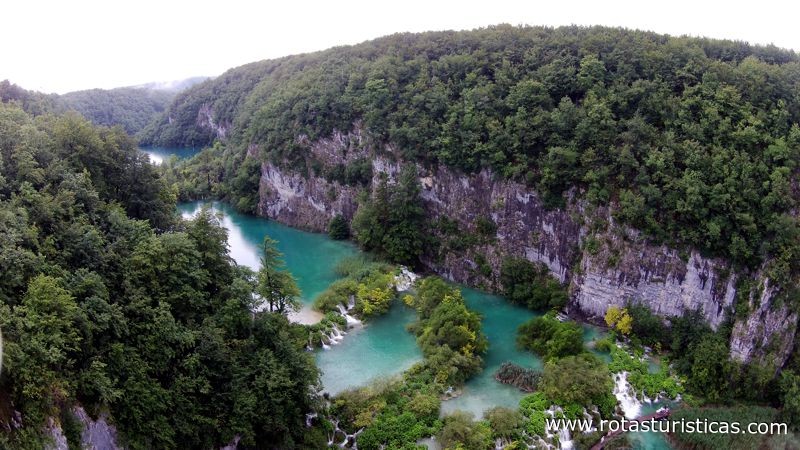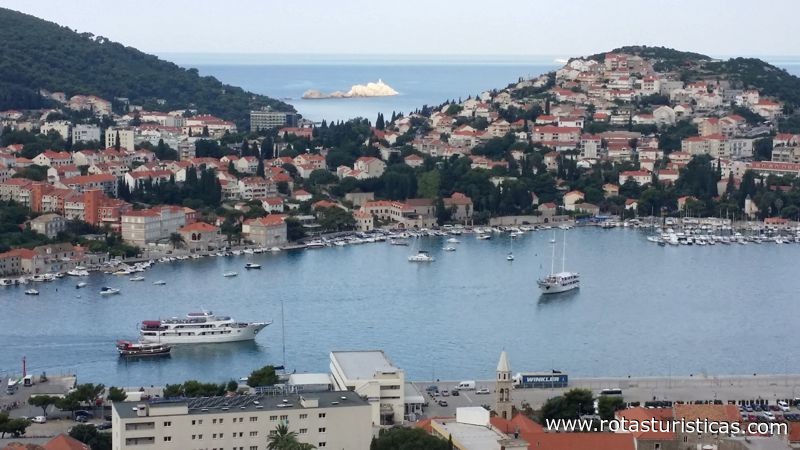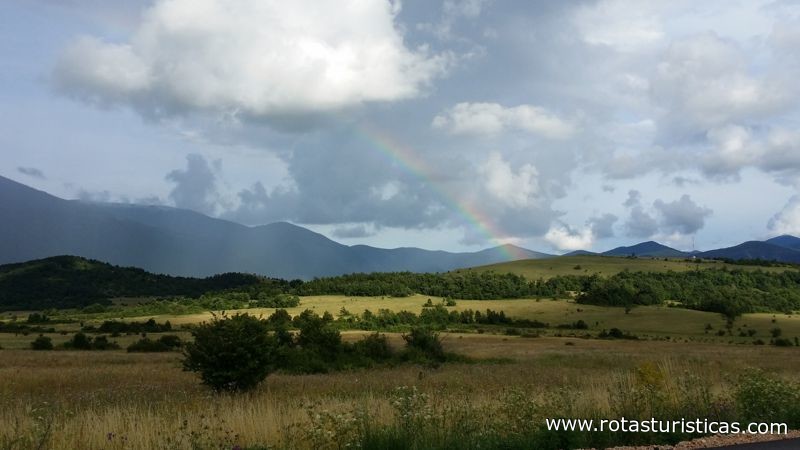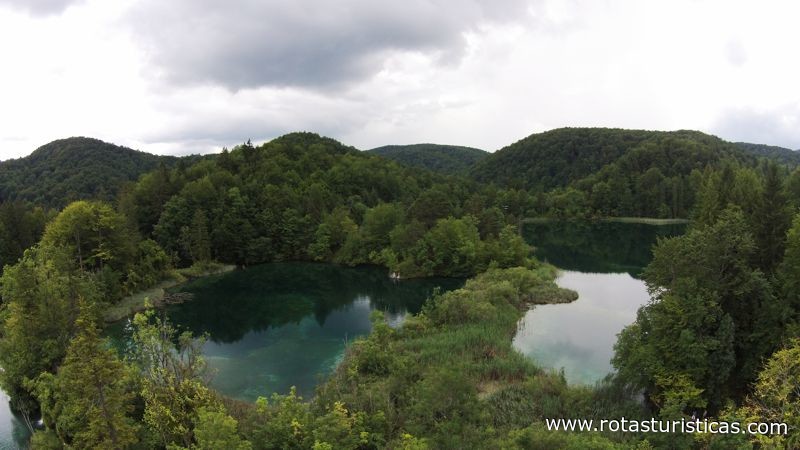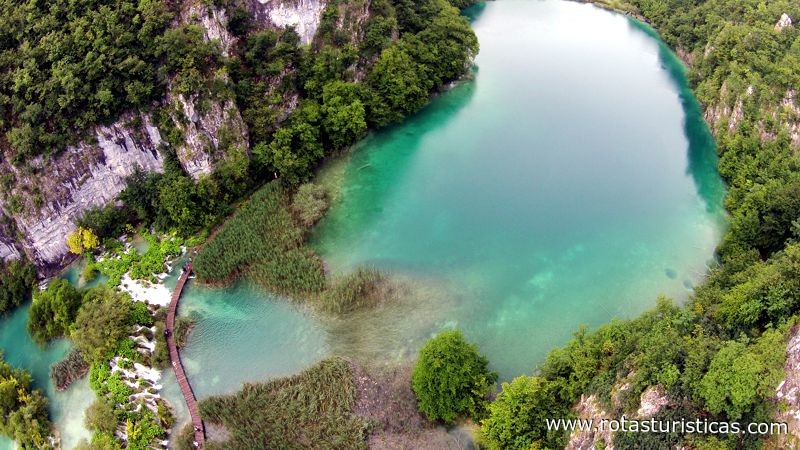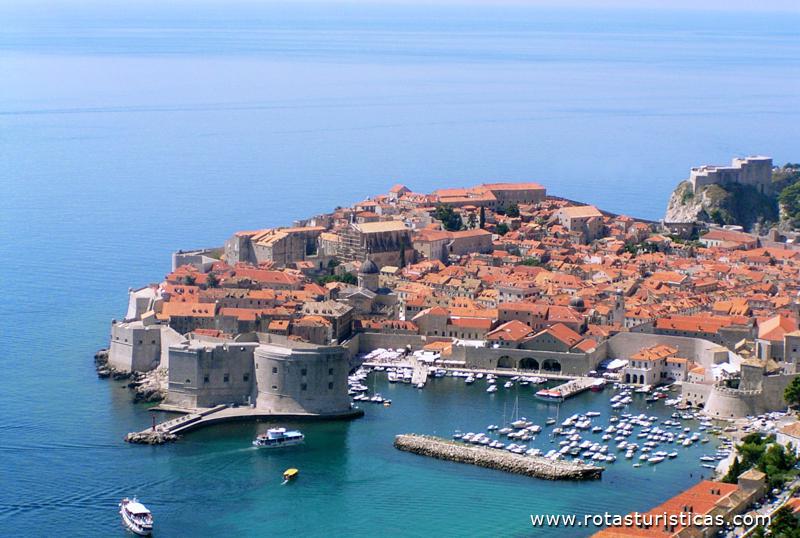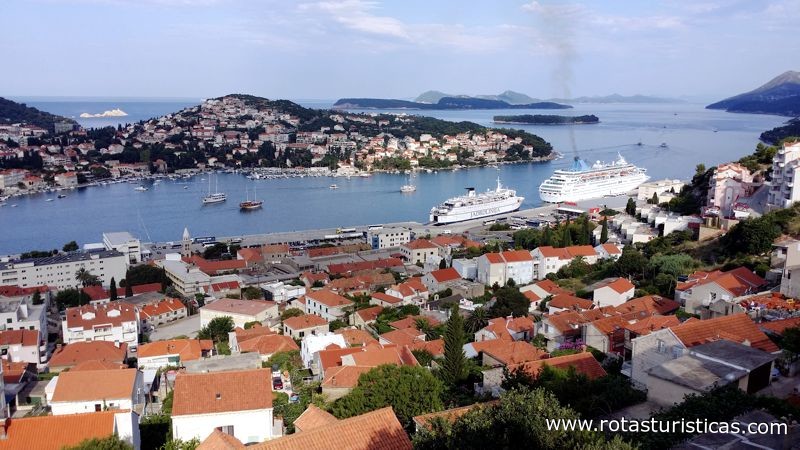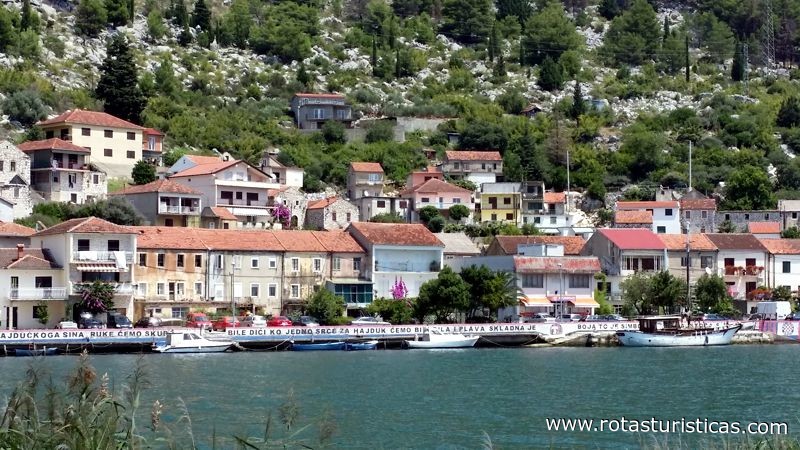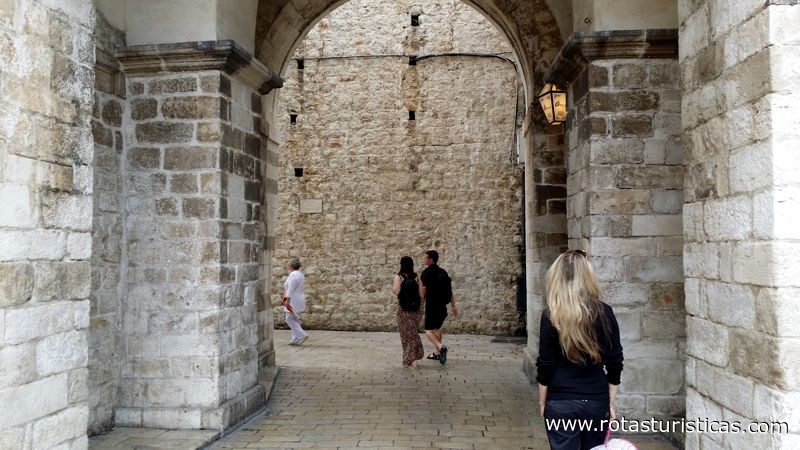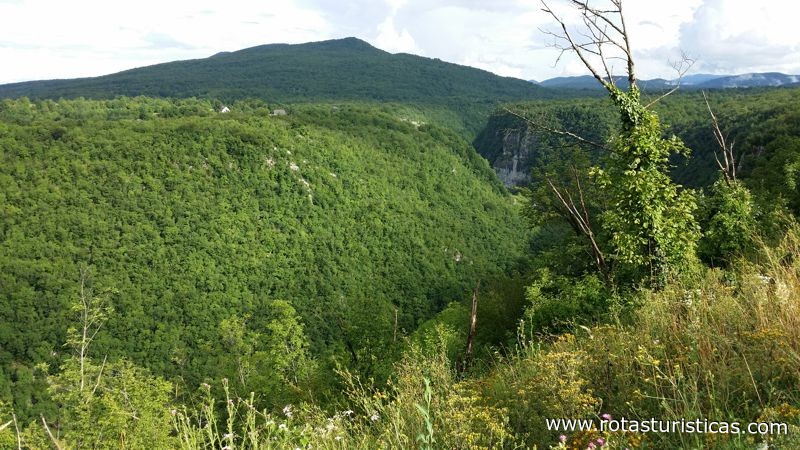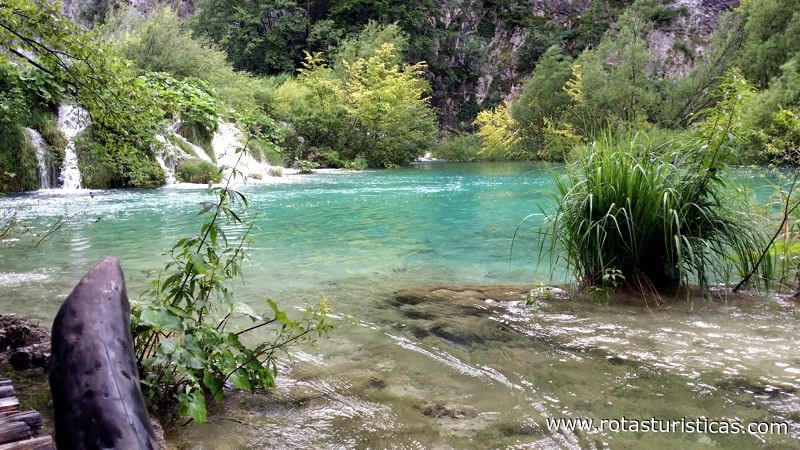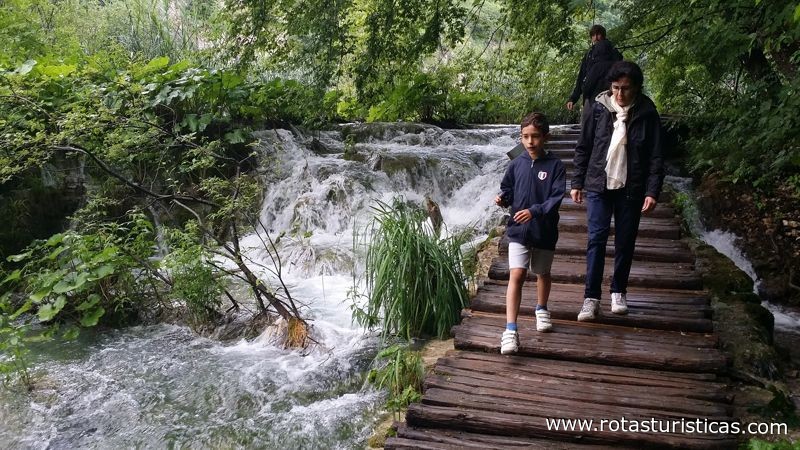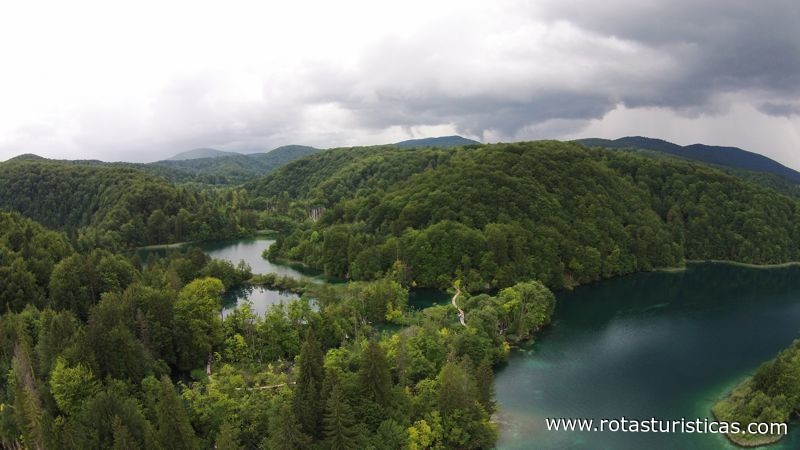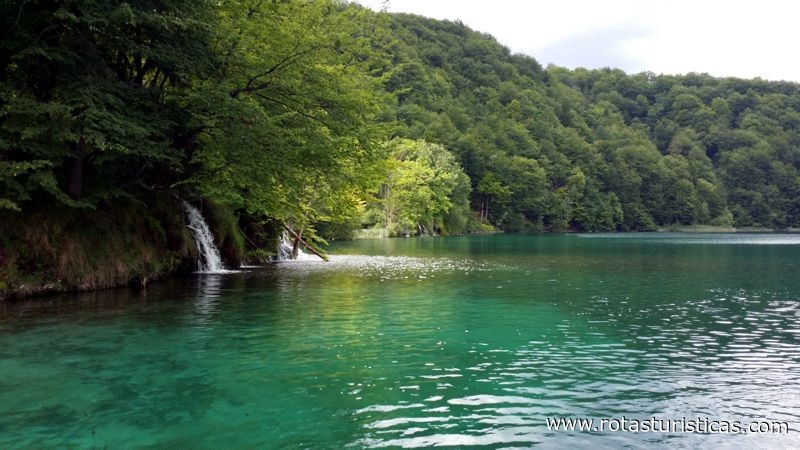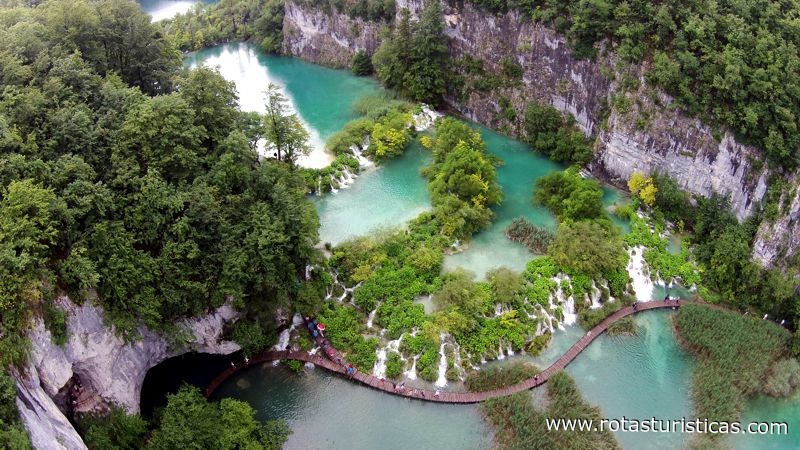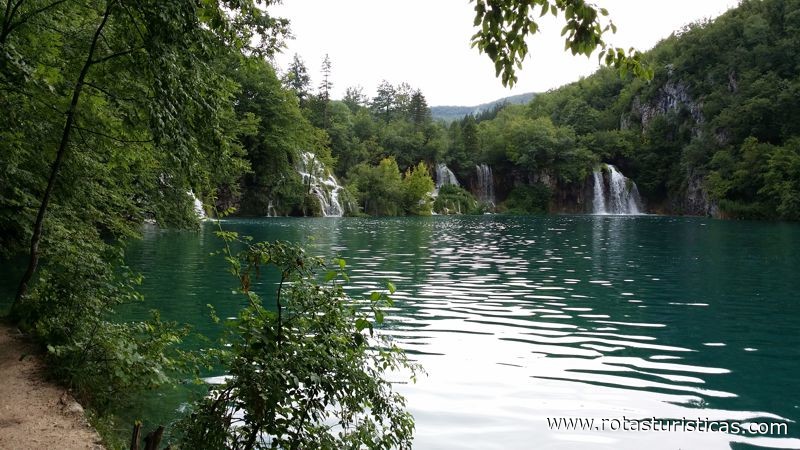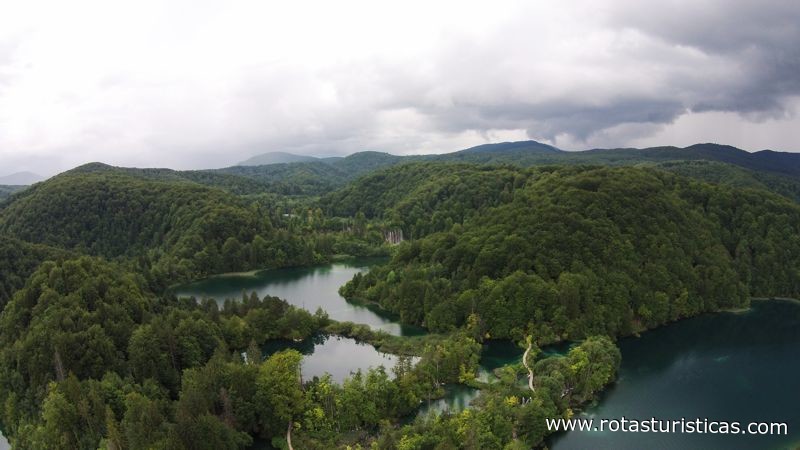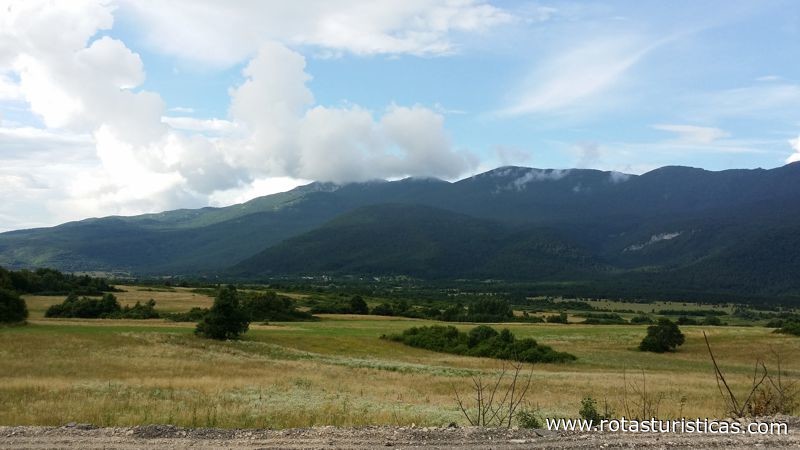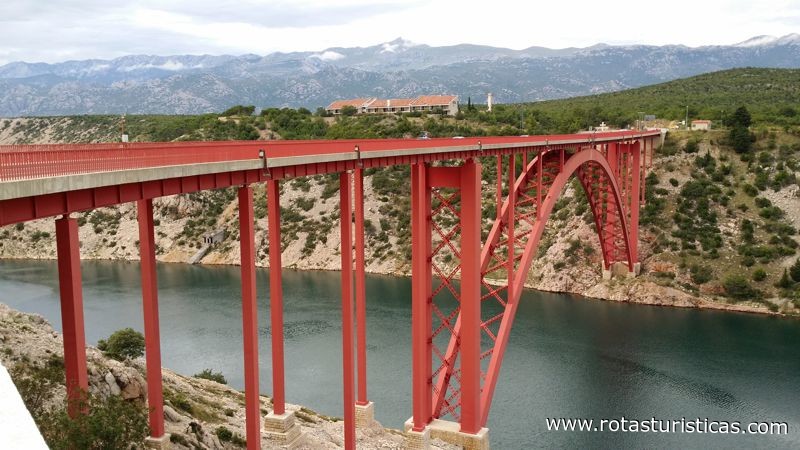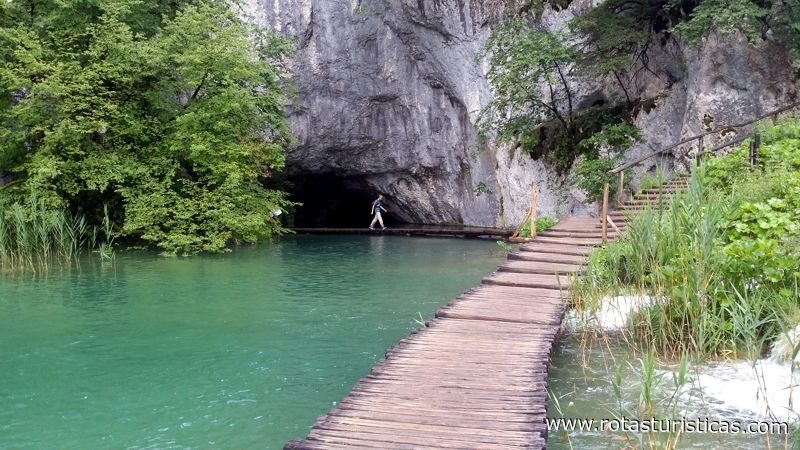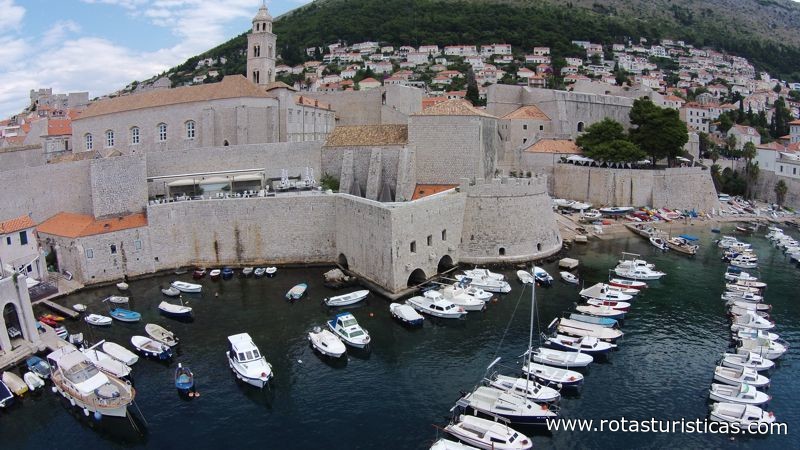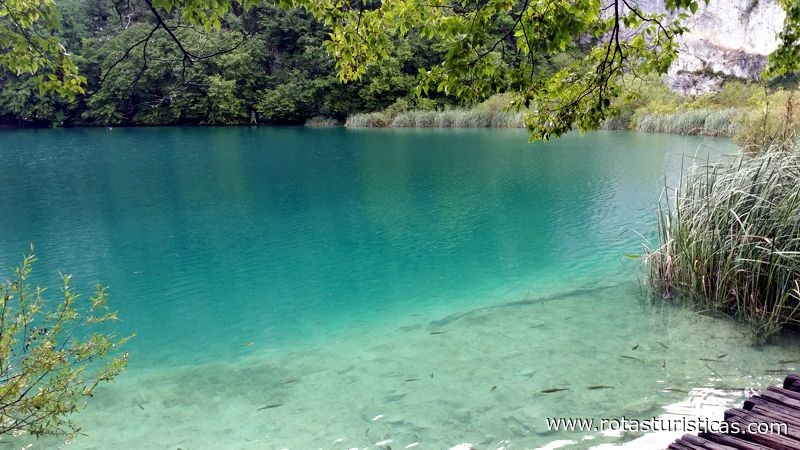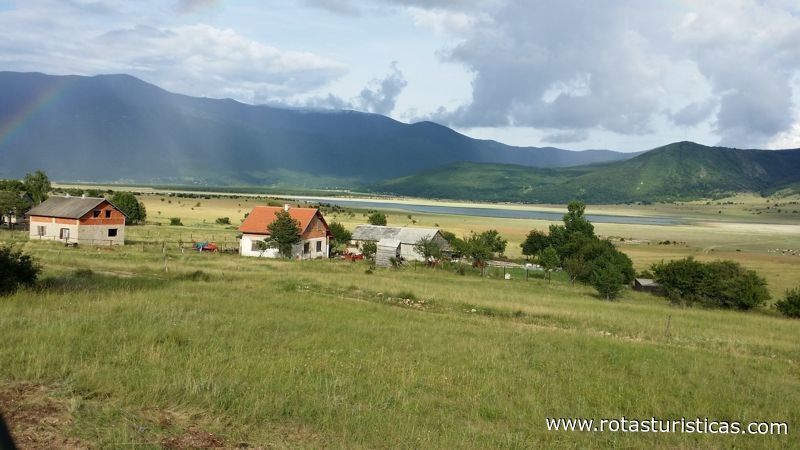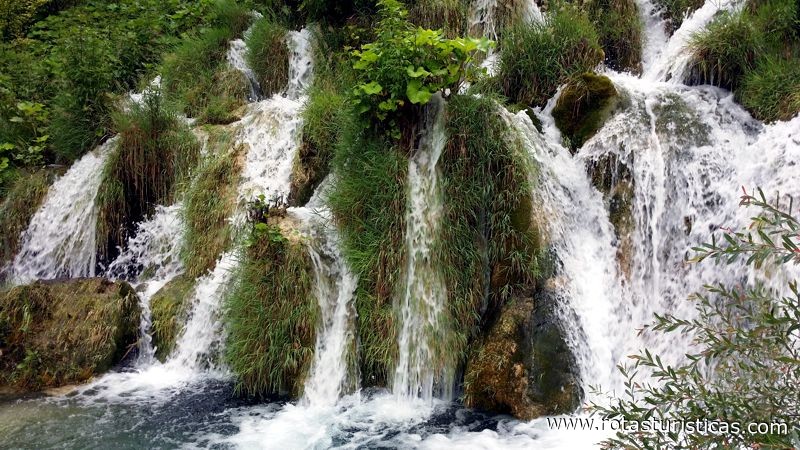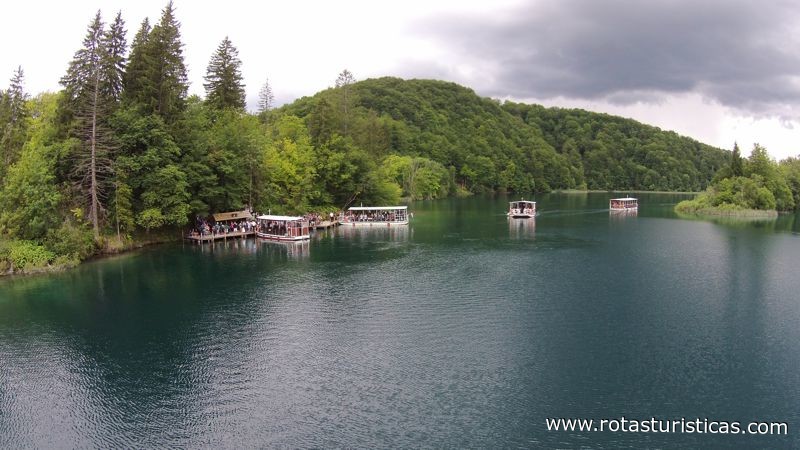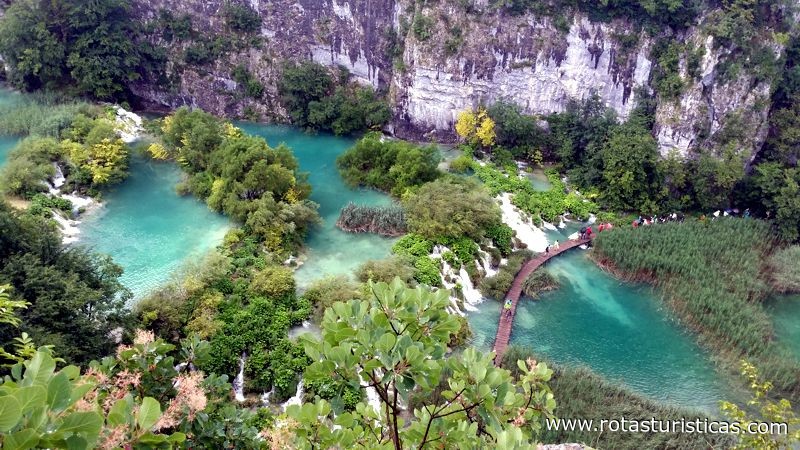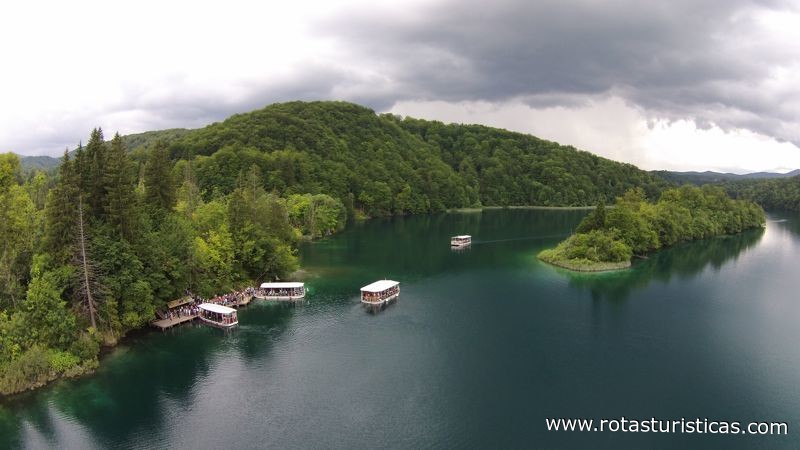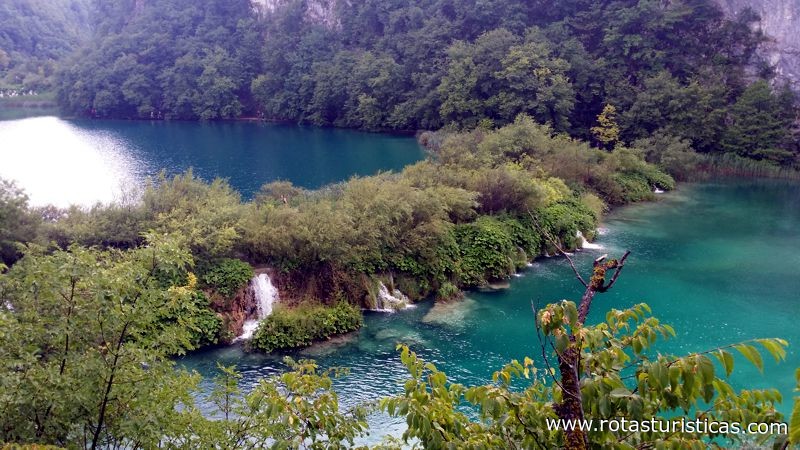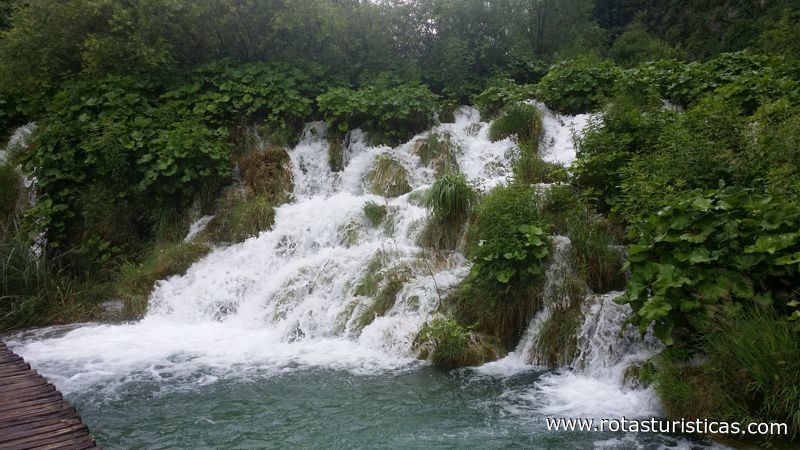Pictures of: Croatia
Location map
Airports
Hotels and other Accommodation
Golf Courses
What to visit
Where to Eat
Where to have fun
Consulates & Embassies
World Nomads
The Travel Insurance with the largest coverage

The Travel Insurance with the largest coverage

Croatia
Croatia officially the Republic of Croatia, is a unitary democratic parliamentary republic at the crossroads of Central Europe, Southeastern Europe and the Mediterranean. Its capital and largest city is Zagreb. The country is divided into 20 municipalities and the city of Zagreb. The coast of the Adriatic Sea of Croatia contains more than a thousand islands.
The Croats arrived in the region of present-day Croatia during the early seventh century, having organized the state into two duchies around the ninth century. Tomislav became the first king by 925 AD, elevating Croatia to the status of a kingdom. The Kingdom of Croatia maintained its sovereignty for almost two centuries, reaching its peak during the reign of Kings Peter Krešimir IV and Dmitry Zvonimir. Croatia joined with Hungary in 1102.
In 1527, by means of the Ottoman conquest, the Croatian Parliament elevated Fernando I of the House of Hapsburg to the Croatian throne. In 1918, after World War I, Croatia was included in the unrecognized state of Slovenians, Croats and Serbs, who separated from Austria-Hungary and incorporated it into the Kingdom of Yugoslavia. In June 1991, Croatia declared independence, which entered into force on October 8 of the same year. The Croatian War of Independence was fought successfully during the four years following the declaration.
The Croats arrived in the region of present-day Croatia during the early seventh century, having organized the state into two duchies around the ninth century. Tomislav became the first king by 925 AD, elevating Croatia to the status of a kingdom. The Kingdom of Croatia maintained its sovereignty for almost two centuries, reaching its peak during the reign of Kings Peter Krešimir IV and Dmitry Zvonimir. Croatia joined with Hungary in 1102.
In 1527, by means of the Ottoman conquest, the Croatian Parliament elevated Fernando I of the House of Hapsburg to the Croatian throne. In 1918, after World War I, Croatia was included in the unrecognized state of Slovenians, Croats and Serbs, who separated from Austria-Hungary and incorporated it into the Kingdom of Yugoslavia. In June 1991, Croatia declared independence, which entered into force on October 8 of the same year. The Croatian War of Independence was fought successfully during the four years following the declaration.
Official language
Croatian
Currency
Kuna
Tourism
Croatia is blessed with a wealth of natural wealth, boasting nearly 2,000 kilometers of rocky shoreline and more than a thousand islands, many covered with luxuriant vegetation.
Even during the heavily visited months of July and August there are still plenty of islands, quiet coves and stone fishermen's villages to make you feel like you are visiting a virgin Europe.
Most of the accommodation is still in the form of private rooms and apartments, and there has been an explosion in the number of hostel-like establishments ideal for tourists and backpacking in major cities.
For those in search of history and culture, city destinations such as Zagreb, Dubrovnik, Split and Zadar offer Roman, Byzantine, Venetian and Austro-Hungarian monuments. In fact, the historic centers of Dubrovnik and Split are UNESCO World Heritage sites, as are the cathedrals in Trogir and Sibenik and the Basilica in Porec. Against this background of splendid historic buildings, these cities stage summer festivals, where outdoor concerts and theater are held after dark, often attracting notable international artists.
Even during the heavily visited months of July and August there are still plenty of islands, quiet coves and stone fishermen's villages to make you feel like you are visiting a virgin Europe.
Most of the accommodation is still in the form of private rooms and apartments, and there has been an explosion in the number of hostel-like establishments ideal for tourists and backpacking in major cities.
For those in search of history and culture, city destinations such as Zagreb, Dubrovnik, Split and Zadar offer Roman, Byzantine, Venetian and Austro-Hungarian monuments. In fact, the historic centers of Dubrovnik and Split are UNESCO World Heritage sites, as are the cathedrals in Trogir and Sibenik and the Basilica in Porec. Against this background of splendid historic buildings, these cities stage summer festivals, where outdoor concerts and theater are held after dark, often attracting notable international artists.
Gastronomy
Croatian cuisine is specific to each region, reflecting the country's geography, history and culture. A single type of Croatian cuisine does not exist, because each Croatian region has its own unique cuisine. The northern and southern areas of the Adriatic are characterized by differences in taste and preparation of more Mediterranean foods. The tradition of grilling and roasting fish and seafood delicacies has been held for generations. In northern Croatia however, Austro-Hungarian culinary influences are more evident. Not to be missed the wine, known for its special flavor of the hot south. The choices among the specialties are endless!
Except for European standard cuisine, Croatia offers its own most popular national dishes and specialties: from the cold plates these are for example the famous ham, Pag or Lika cheese, sheep's cheese, Slavonia kulen, Samobor cesnjovke or Zagori and fresh cheese with cream.
The main dishes depend on the area in which it is situated.
In Dalmatia and in the coastal areas, in the islands and in Istria, the main dishes consist mainly of fish and seafood and meat, pasticada or cooked lamb.
Except for European standard cuisine, Croatia offers its own most popular national dishes and specialties: from the cold plates these are for example the famous ham, Pag or Lika cheese, sheep's cheese, Slavonia kulen, Samobor cesnjovke or Zagori and fresh cheese with cream.
The main dishes depend on the area in which it is situated.
In Dalmatia and in the coastal areas, in the islands and in Istria, the main dishes consist mainly of fish and seafood and meat, pasticada or cooked lamb.
Weather
The coastline and islands of Istria and Kvarner of Croatia, from north to Dalmatia, and in the south are governed by a Mediterranean climate, although it is generally several degrees colder in the northern Adriatic than in the south. In summer, the average temperature is between 24 ° C and 26 ° C along the coast. However, the interior of Istria is a bit colder at 22 ° C. In winter, the coast has an average temperature of 2 ° C in the north and 9 ° C in the south.
As a general rule, summer is the driest season along the coast and in winter the most rainy season, with twice the amount of summer precipitation. For example, the island of Vis averages only 557 millimeters of rain per year, while the island of Brač averages 952 millimeters. Dubrovnik is one of the rainier parts of the coast from October to December. Snow is a rare occurrence anywhere along the coast.
As a general rule, summer is the driest season along the coast and in winter the most rainy season, with twice the amount of summer precipitation. For example, the island of Vis averages only 557 millimeters of rain per year, while the island of Brač averages 952 millimeters. Dubrovnik is one of the rainier parts of the coast from October to December. Snow is a rare occurrence anywhere along the coast.
Documentation
Passport
Although entry into Croatia is possible by the mere presentation of the Citizen's Card / Identity Card, it is advised that visitors are also holders of their Passport, especially if they intend to travel by car towards Dubrovnik (which may imply the crossing of the border post of Bosnia and Herzegovina in Neum) and also if they intend to visit neighboring countries such as Serbia, Montenegro and Bosnia and Herzegovina.
Since Croatia's accession to the European Union on 1 July 2013, it has ceased to be compulsory for European citizens to register with the local police for stays of less than 90 days. However, registration is required for stays of more than 90 days, and registration must be made within a maximum of eight days after entry into the country. In Zagreb, registration is to be made at the police station at 30 Petrinska Street and outside the capital at the nearest police station.
The declaration of entry into Croatia of cash amounts equal to or greater than ten thousand euros is compulsory.
Entry visa
Croatia is a member state of the EU. EU citizens do not need a visa for travel and business travel for up to 90 days in any 6-month period.
You may, however, be required to provide proof of the financial means necessary to cover your stay until you leave the country.
EU citizens wishing to extend their stay in Croatia for more than 90 days should seek information from the local police.
For all other travelers outside the European Community, you should consult the Croatian Embassies or Consular Services in your country.
Although entry into Croatia is possible by the mere presentation of the Citizen's Card / Identity Card, it is advised that visitors are also holders of their Passport, especially if they intend to travel by car towards Dubrovnik (which may imply the crossing of the border post of Bosnia and Herzegovina in Neum) and also if they intend to visit neighboring countries such as Serbia, Montenegro and Bosnia and Herzegovina.
Since Croatia's accession to the European Union on 1 July 2013, it has ceased to be compulsory for European citizens to register with the local police for stays of less than 90 days. However, registration is required for stays of more than 90 days, and registration must be made within a maximum of eight days after entry into the country. In Zagreb, registration is to be made at the police station at 30 Petrinska Street and outside the capital at the nearest police station.
The declaration of entry into Croatia of cash amounts equal to or greater than ten thousand euros is compulsory.
Entry visa
Croatia is a member state of the EU. EU citizens do not need a visa for travel and business travel for up to 90 days in any 6-month period.
You may, however, be required to provide proof of the financial means necessary to cover your stay until you leave the country.
EU citizens wishing to extend their stay in Croatia for more than 90 days should seek information from the local police.
For all other travelers outside the European Community, you should consult the Croatian Embassies or Consular Services in your country.
Safety
Levels of crime are low and violent crime is rare.
Beware of the bustling tourist areas where pickpockets are known to operate. Avoid carrying large amounts of money. Do not leave valuables alone, especially on the beach. Use a safe if possible.
Report all incidents of crime at the local police station and obtain a police report.
Croatia has a moderate seismic activity.
Beware of the bustling tourist areas where pickpockets are known to operate. Avoid carrying large amounts of money. Do not leave valuables alone, especially on the beach. Use a safe if possible.
Report all incidents of crime at the local police station and obtain a police report.
Croatia has a moderate seismic activity.
Health care
Immunization against yellow fever is only required for travelers originating from or who have passed through countries with risk of yellow fever transmission.
Telecommunications and electricity
There are 3 companies operating mobile phone networks. In any of them it is possible to use roaming. Travelers are advised to contact their operator prior to departure for Croatia that they intend to travel to Croatia and request roaming to access calls in Croatia.
The Internet in Croatia these days is widely available and broadband services are now very common, there being more and more wi-fi.
Electricity in Croatia is 220V at 50Hz.
Chips are two round pins.
The Internet in Croatia these days is widely available and broadband services are now very common, there being more and more wi-fi.
Electricity in Croatia is 220V at 50Hz.
Chips are two round pins.
Other tourist destinations in:
Croatia
Croatia
Other world tourist destinations
Why to book with BOOK HOTEL LISBOA
The best prices
Our partnerships with the world´s largest operators offer research on the best market prices.
More options
At Rotas Turisticos you can book the hotel, buy the air ticket, book the transfer from the airport to the hotel and vice versa, book the local excursions, rent the car, take travel insurance and consult the places to visit and where to go.
Holiday Tips & Destinations
Hundreds of holiday destinations with all the options that allow you to easily choose the destination that best suits your dream vacation.
BOOK HOTEL LISBOA
Links

